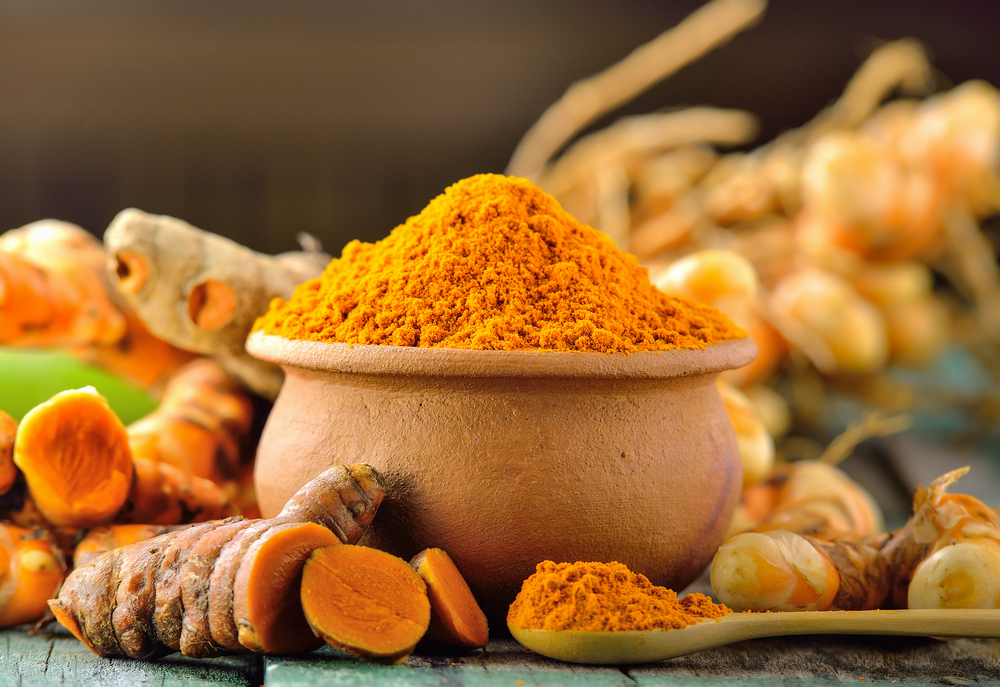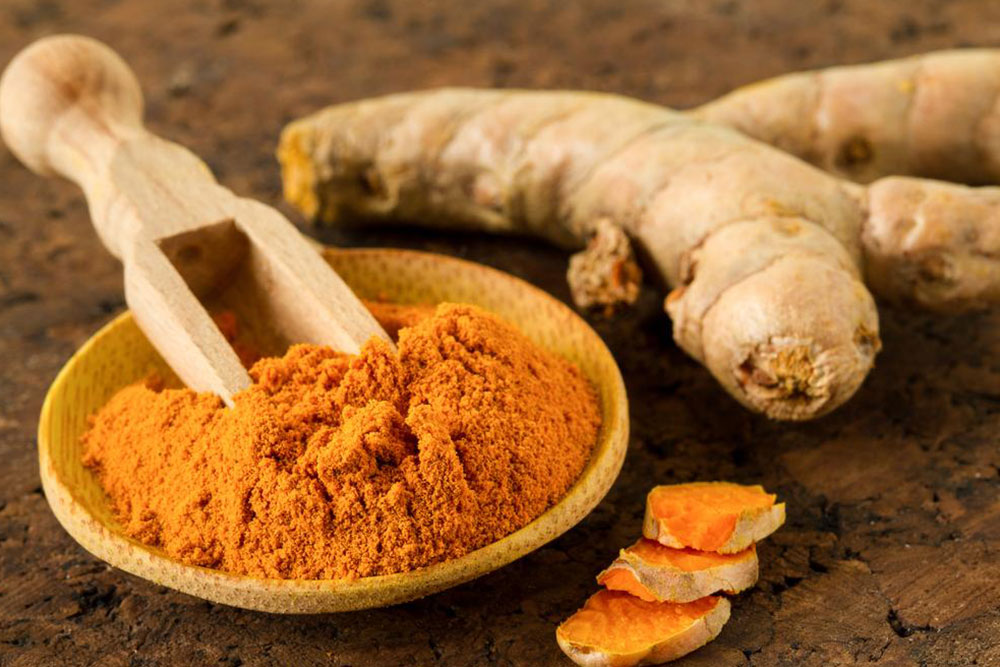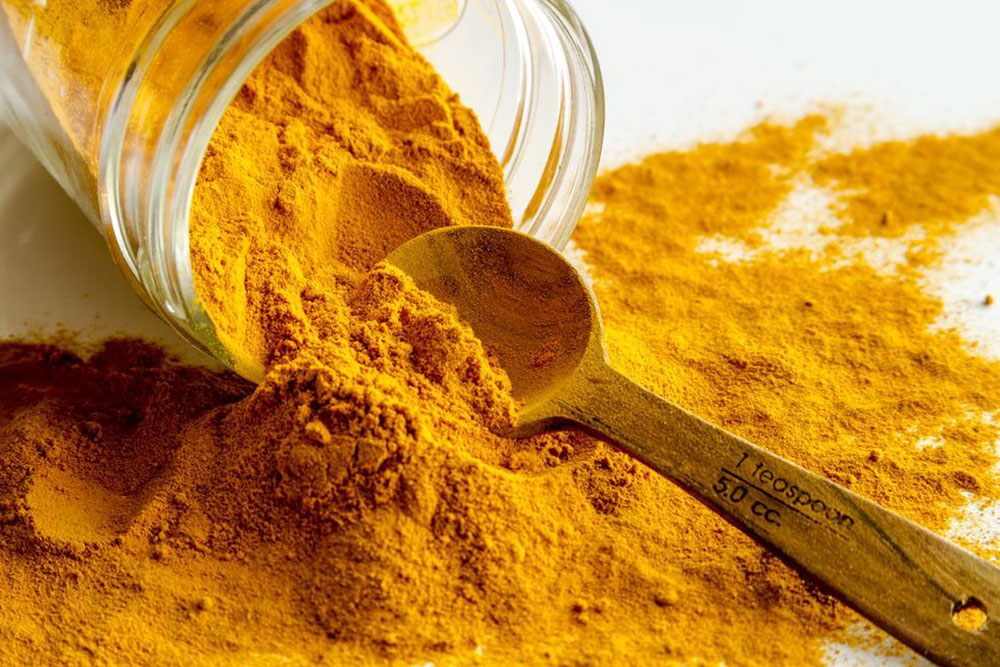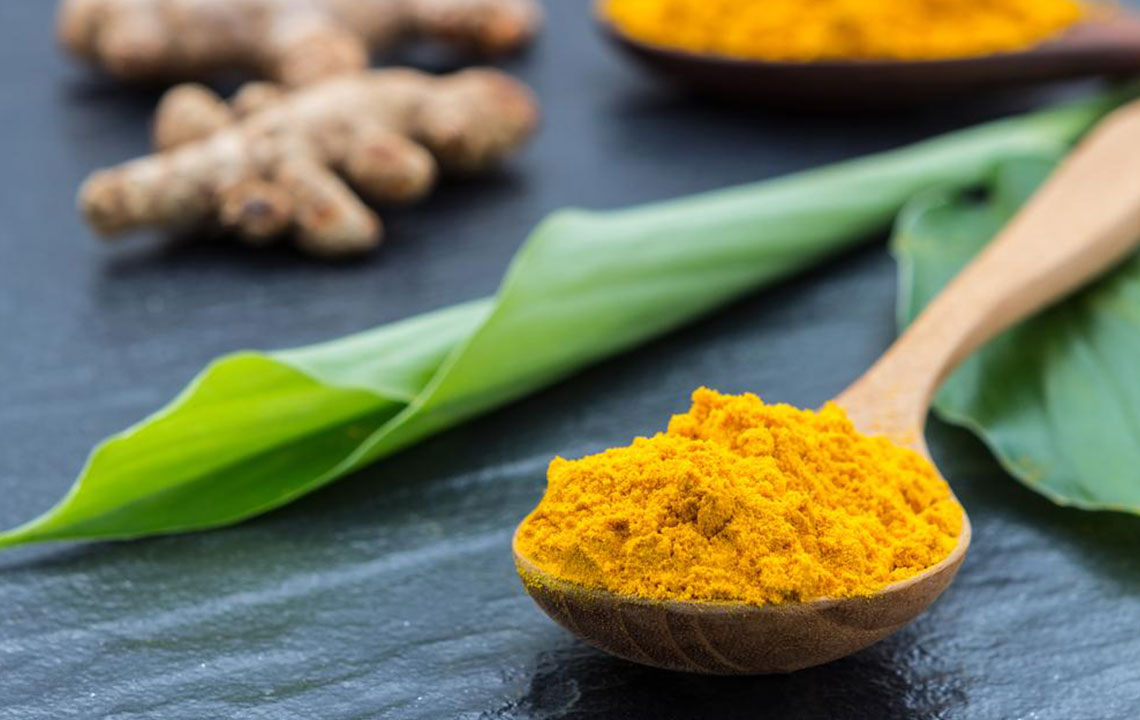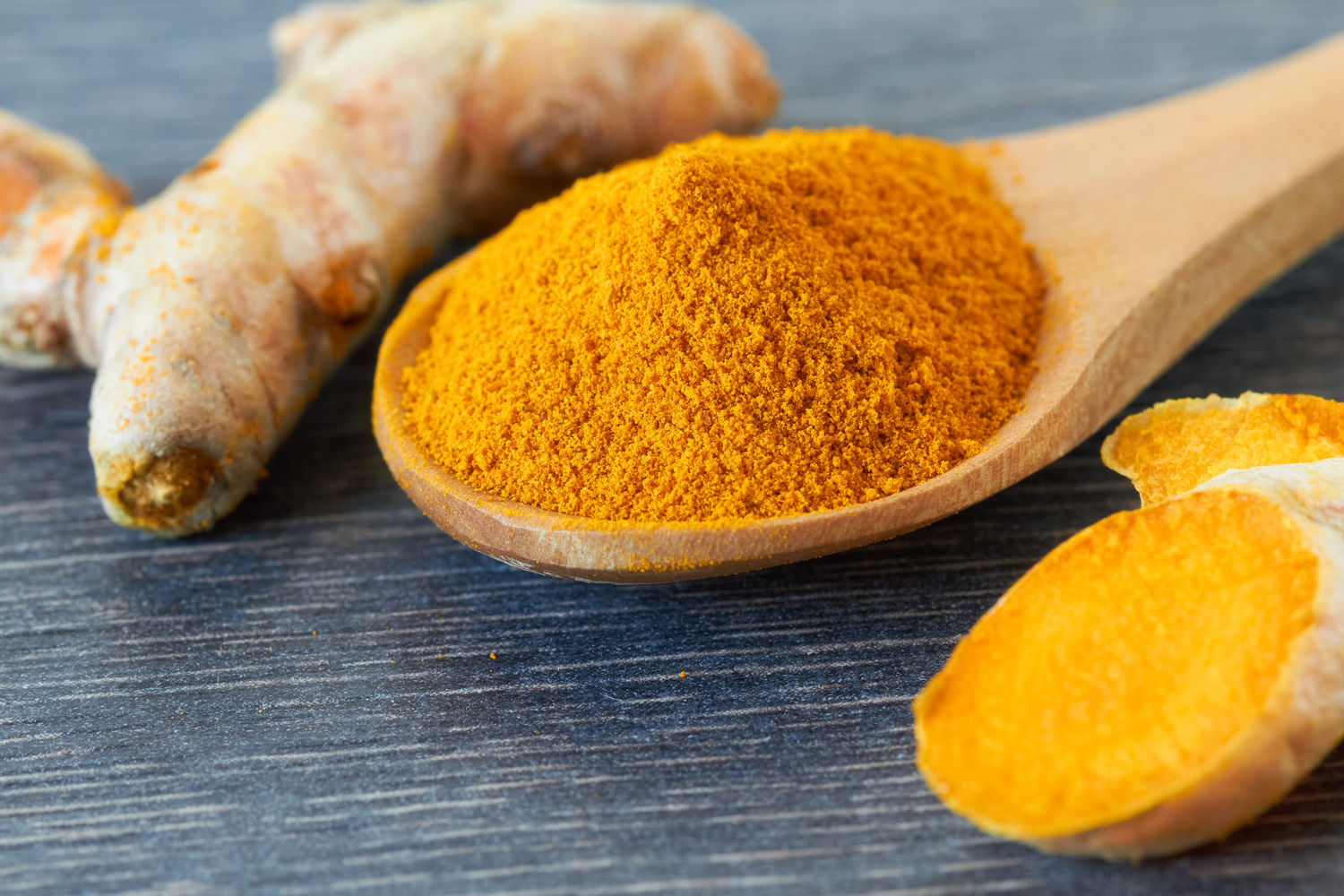How Turmeric Can Help Manage Arthritis Symptoms
Discover how turmeric's natural compounds can alleviate arthritis symptoms. Its anti-inflammatory, antioxidant, and tissue-protective properties help manage joint pain and prevent damage. Learn safety tips before adding turmeric supplements to your routine for optimal health benefits.
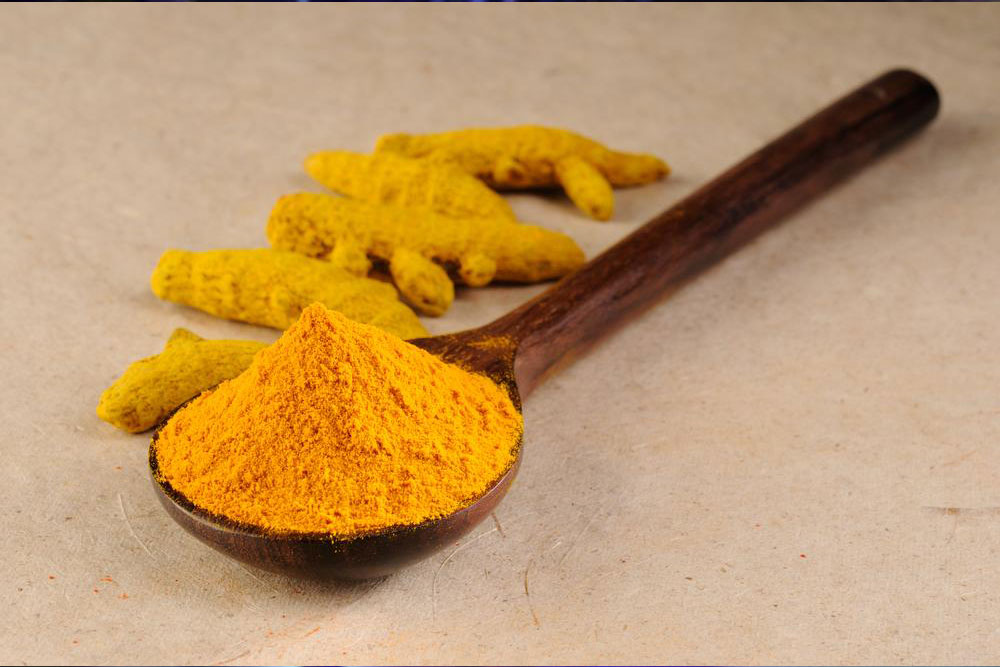
How Turmeric Can Help Manage Arthritis Symptoms
Anti-inflammatory effects of turmeric for rheumatoid arthritis relief: The active compound curcumin in turmeric reduces levels of COX enzymes and prostaglandin E2, which helps inhibit the attraction of inflammatory cytokines to joint tissues, alleviating pain.
Prevents inflammation-related cell damage: Turmeric helps minimize cellular death caused by inflammation, thereby slowing tissue degeneration and reducing long-term joint damage and discomfort.
Supports tissue protection through programmed cell death regulation: Turmeric assists in balancing apoptosis, ensuring damaged cells are managed properly, which is often disrupted in RA patients.
Additionally, turmeric plays a role in regulating immune responses in joints, preventing immune cells from attacking healthy tissue. The antioxidant properties of curcumin also combat oxidative stress caused by immune attacks, protecting joint cells from damage.
While turmeric is generally safe as a spice, it’s important to consider certain precautions:
Pregnancy and nursing: Due to limited safety data, pregnant and breastfeeding women should avoid high-dose turmeric or curcumin supplements.
For general health: Excessive intake may cause stomach issues, diarrhea, kidney stones, and blood thinning. It’s advisable to stop use at least two weeks before surgery to reduce bleeding risks.
Diabetic considerations: Turmeric may lower blood sugar levels, so diabetics should monitor their intake to avoid hypoglycemia when combined with medications.


